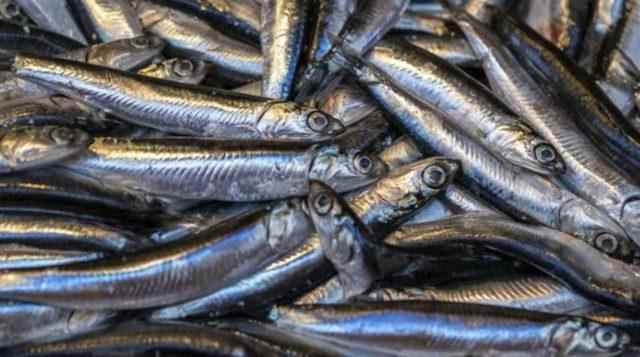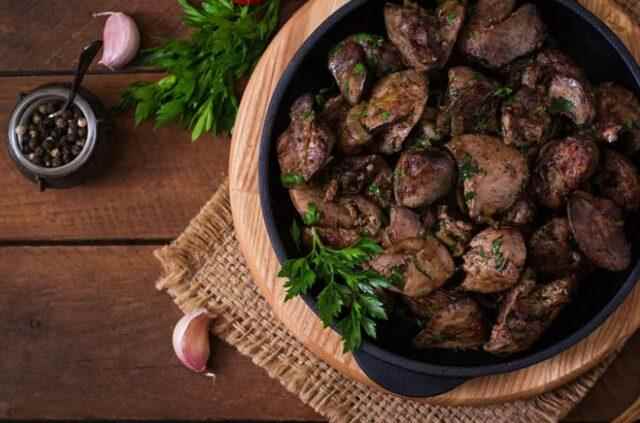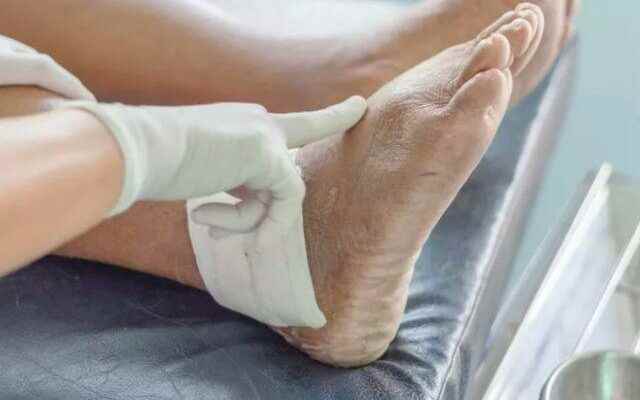Gout is an inflammatory disease that causes a lot of pain. Proper nutrition is very important in gout, which causes frequent attacks. Often patients suffering from these attacks have reported eating one of three foods in the days leading up to their flare-up. These foods include foods that we know to be very healthy.
Only patients who suffer from sharp deposition of crystals in the joints – known as gout – need treatment for hyperemia. There are several factors that increase your chances of developing hyperuricemia, the two main factors being male gender and obesity. Having certain health conditions also causes unhealthy uric acid spikes, but managing it reduces the risk of gout complications.
ATTENTION TO THE CONSUMPTION OF THESE THREE FOODS

Lifestyle makes a third major contributor to the condition, particularly diet.
According to the Centers for Disease Control and Prevention, foods high in fructose and purines are closely linked to gout attacks. Says the National Center for Biotechnology Information: “Some research suggests that certain foods are linked to gout attacks. Gout attacks are apparently more common in people who ate a lot of meat, fish, or seafood a few days ago. This matches many people’s experiences.
CRYSTALIZATION CAN BE SEEN IN JOINTS IF THERE IS NOT ENOUGH LIQUID

The body absorbs purines differently from different foods, so not all purine-rich foods can be considered a risk factor for gout. After purine is ingested, uric acid, which is mostly made in the body, is released to help break down the molecule. The crystals that make up uric acid tend to accumulate in the joints if there is not enough fluid in the surrounding tissue.
FOODS TO NOT EAT IN GUT

- Whole milk, fatty broths and dishes made with them
- Offal (liver, kidney, spleen, tripe, tongue, brain, kokoreç..)
- Sausage, bacon, sausage, salami
- Alcoholic beverages
- Caviar, mussels, squid, lobster, anchovies, sardines
- Chickpeas, nuts
- full fat cheeses
- Deep-fried, roasted, sauce-added dishes
- Whole wheat, rye, oat breads, crackers
- Prepared foods with unknown ingredients
- Sugar and sugary foods, sweets (Honey, jam, marmalade, molasses..)
- Pastries, pies, muffins, cakes, cookies, cakes, etc.
- Cream, cream, mayonnaise
- Animal fats (butter, margarine, tail fat..)
- Game meats (Goose, duck, partridge, quail, rabbit..)
GUT SYMPTOMS

Gout is characterized by sudden and recurrent attacks that usually occur without warning. Severe and chronic gout can cause the body to deform. While each individual may experience different symptoms, the most common gout symptoms are as follows;
- intense joint pain
- Pain
- swelling and redness
- restriction of movements
